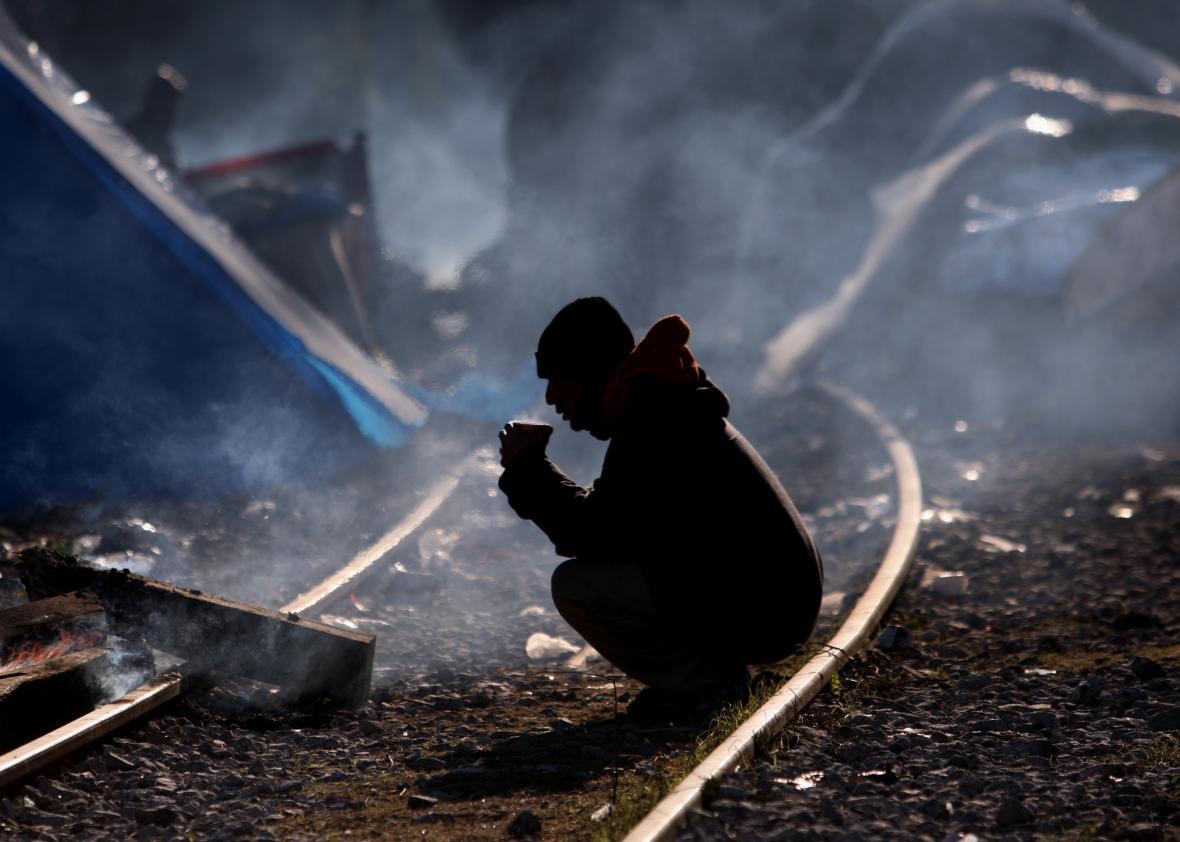President Obama will host a major summit on refugees at next year’s U.N. General Assembly meeting in New York, according to Samantha Power, the U.S. ambassador to the United Nations. Underlining the need for collective action to tackle the problem, the International Organization for Migration also announced today that the number of “irregular arrivals” entering Europe in 2015 has passed one million, the vast majority of them making the dangerous Mediterranean crossing from the Middle East or North Africa.
Obama’s summit will be in nine months—an unbearably long time given the immediacy of the problem. The number of people displaced by conflict around the world right now is unprecedented in the modern era. With political and ecological factors likely to increase that number in the years to come, it’s clear that existing institutions for absorbing and distributing refugees aren’t up to the task. So the need for high-level international discussion on this issue is real, and September 2016 is too far away.
For one thing, the meeting will be only two months out from a presidential election that will likely determine whether the U.S. follows through on any of the commitments Obama makes at the summit. Even the relatively modest refugee commitments the administration has made so far have provoked massive political backlash in the United States, including from virtually all the Republican candidates for president.
Why not put something together sooner, then? The administration may be taking a page from the success of the recent climate summit, with Power saying that in the months prior to the meeting, the U.S. and partners will press countries to increase their commitments to take in refugees and provide aid. The voluntary emissions commitments countries put on the table prior to Paris helped smooth the way for a surprisingly ambitious agreement, albeit not a legally binding one. But unfortunately, while the climate deal had popular support and political momentum on its side (outside the U.S. at least), voters are moving in the opposite direction on refugees.
